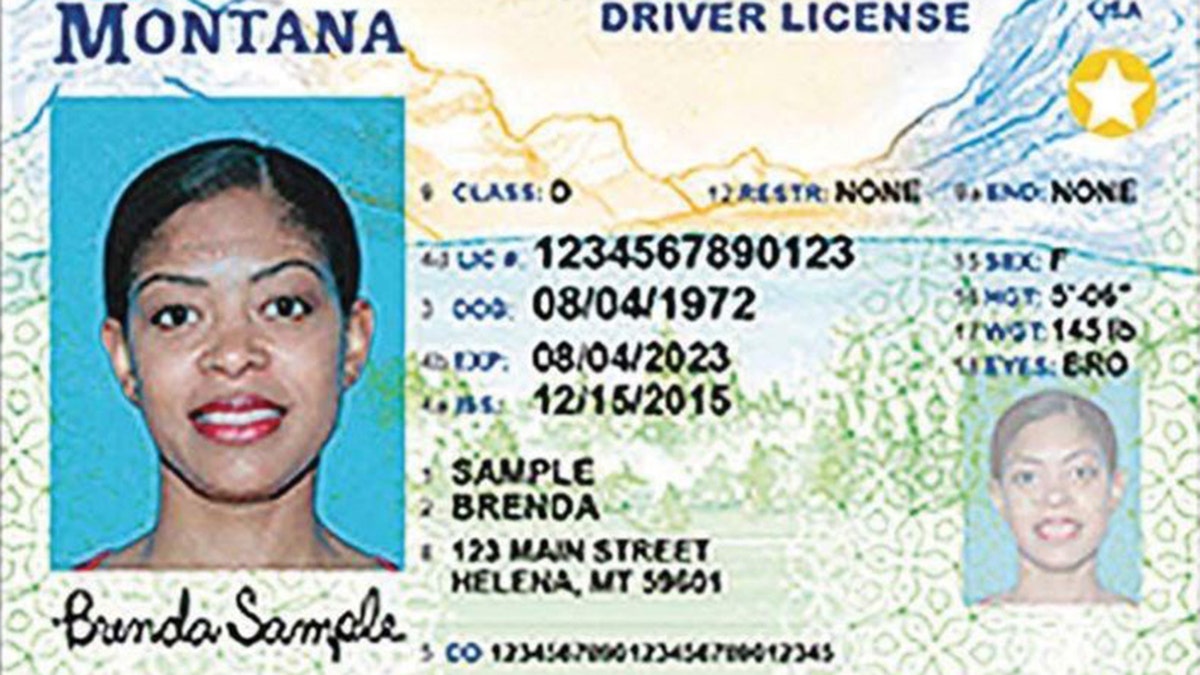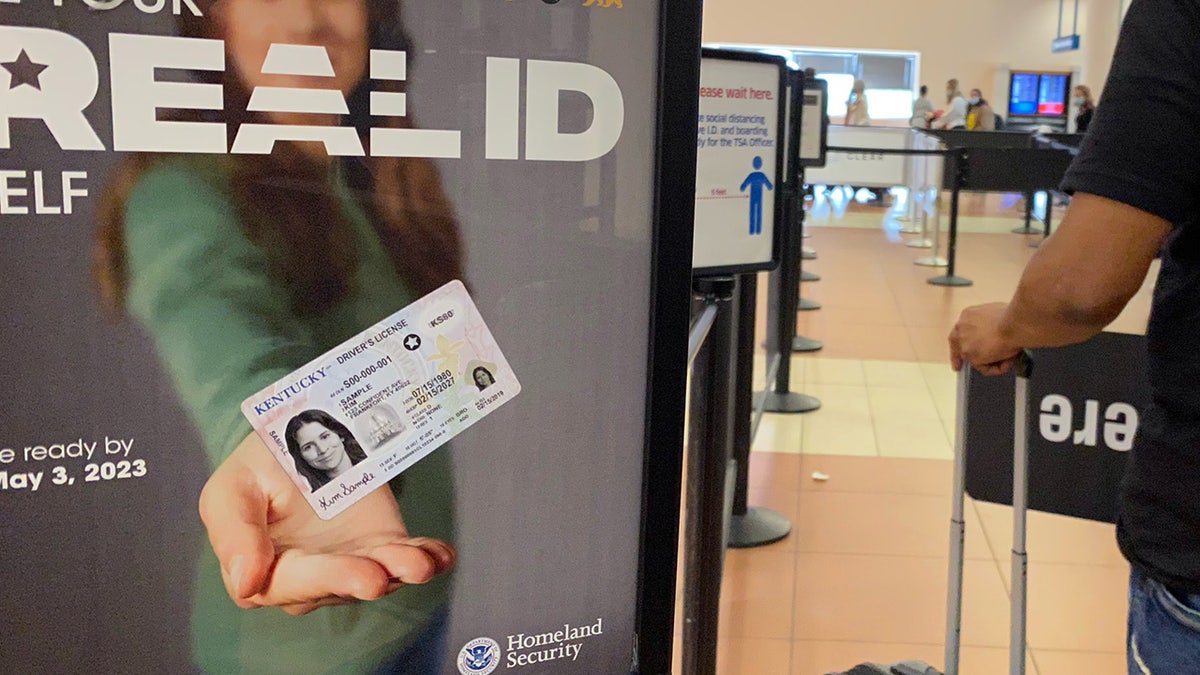New Jersey adds REAL ID ’emergency’ appointments as airlines share urgent reminders

The REAL ID requirement will take effect on May 7, when Americans must have a new form of identification in order to fly domestically.
Other forms of identification that will be accepted in lieu of a REAL ID include a valid U.S. passport or passport card; DHS trusted traveler cards such as Global Entry; Department of Defense IDs; permanent resident cards; and border crossing cards.
Last week in New Jersey, the Department of Motor Vehicles (NJDMV) website showed “0 appointments available” on various days for REAL ID services on its site.
LOOMING REAL ID DEADLINE CAUSES CHAOS AT DMVS AS CRITICS TAKE TO SOCIAL MEDIA
On Wednesday afternoon, two REAL ID appointments were open in the Garden State.
In an effort to meet demand, the state of New Jersey announced it has launched a “REAL ID Emergency Issuance Program,” which begins Thursday.
The emergency issuance program is “for qualified customers who need to board a domestic flight within 14 days for life-or-death reasons or for urgent travel plans and do not have an acceptable form of identification to clear TSA checkpoints,” said a NJMVC press release.
“Anticipating the recent increase in demand, which is being seen all over the country, we have made many additional accommodations to service as many customers with REAL ID as possible, including with this new emergency program,” said Acting NJMVC Chief Administrator Latrecia Littles-Floyd.

The program will continue beyond the May 7 deadline and will be offered to “a limited number of customers who meet certain criteria,” the release also noted.
There will be an $80 fee for expedited shipping services.
NO ‘REAL ID’ APPOINTMENTS OPEN IN NEW JERSEY AS RESIDENTS SOUND OFF: ‘GET WITH THE TIMES, NJ’
DMVs across the country are reportedly working to meet demand, with some implementing Saturday REAL ID events and extended appointment hours during the week.
Airlines and airports have put out PSAs reminding travelers to get their new identification.
“Have you gotten your REAL ID yet?”
“HEADS UP, TRAVELERS: If you plan to fly out of TPA soon, check your ID now. Beginning May 7, travelers at airports nationwide will need to have identification that is compliant with the federal REAL ID Act,” Tampa International Airport posted on X.
LaGuardia Airport in New York posted, “Have you gotten your REAL ID yet?”
“Passing on this *real* important reminder from the TSA,” said a United Airlines post.

“If you won’t have one by that date, you can bring your passport or another acceptable form of ID instead. Just remember – without identification that’s REAL ID-compliant, you may get delayed at screening or possibly won’t be permitted through TSA’s security checkpoint, so plan ahead,” the post continued.
A Delta spokesperson told Fox News Digital that the airline “strongly urges all of our customers to arrive at the airport with current and valid documentation.”
For more Lifestyle articles, visit www.foxnews.com/lifestyle
“As we do today, Delta people will work on a case-by-case basis to rebook customers who miss flights due to extenuating circumstances once at the airport,” the spokesperson added.
Daniel Velez, a spokesperson for TSA New England, told Fox News Digital several days ago that the agency will be “ready to enforce” the policy on the deadline of May 7 and that the requirement will “not be pushed back.”
Read the full article here







